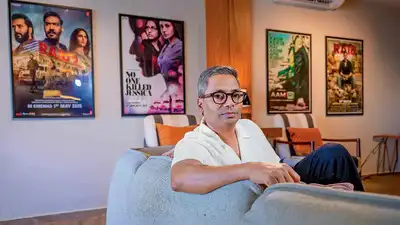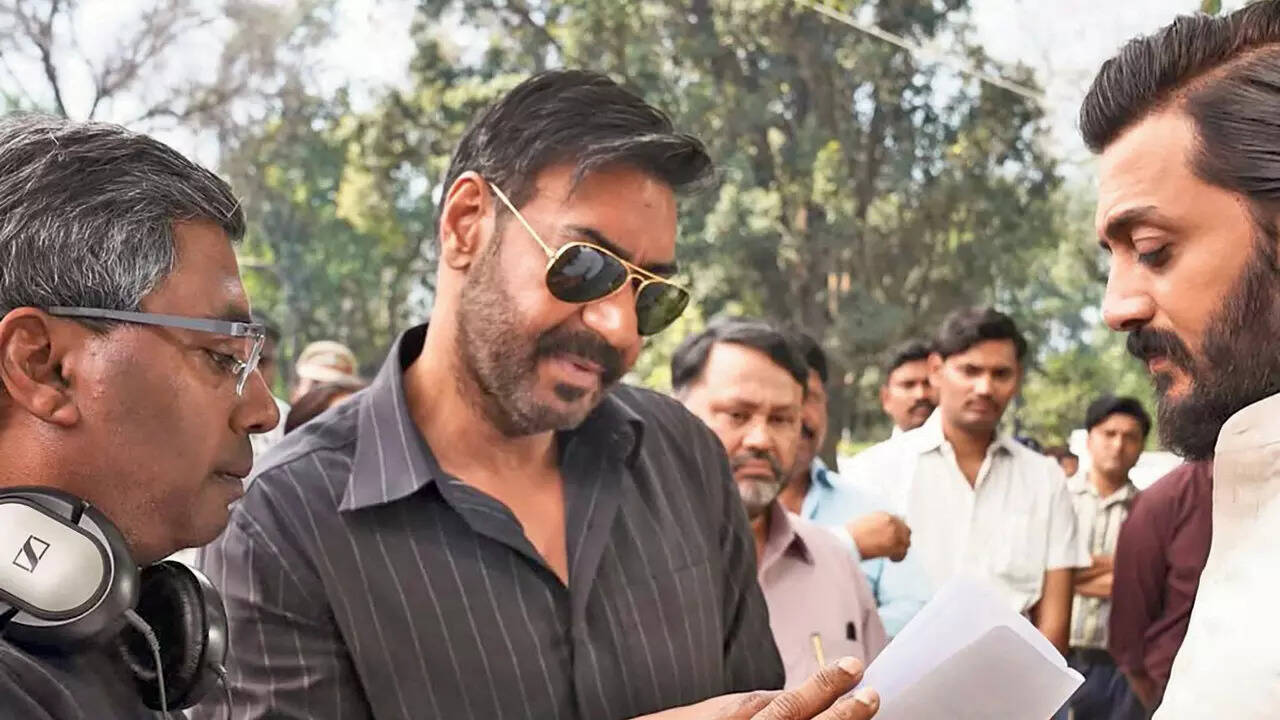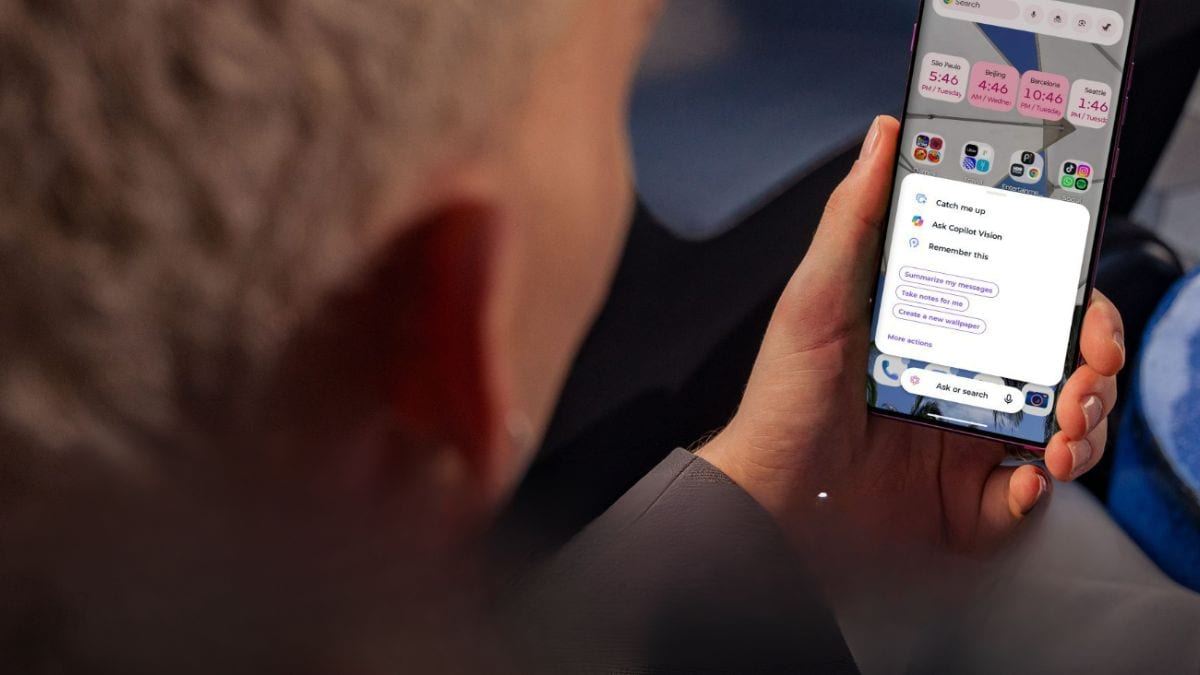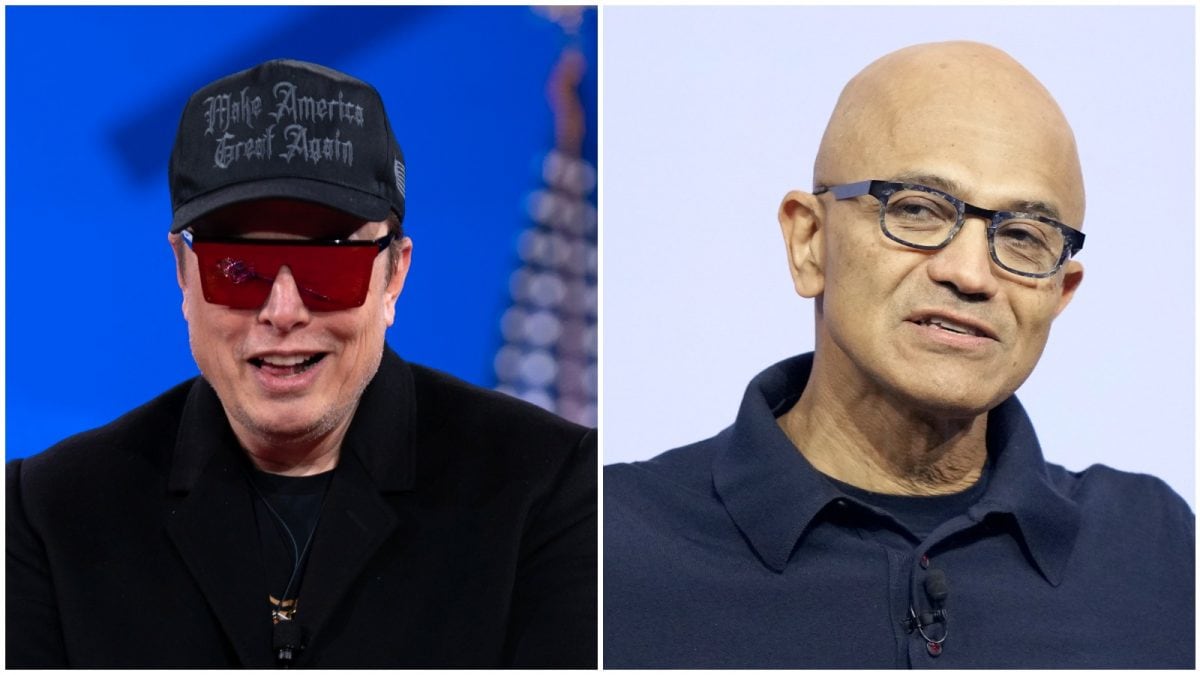ARTICLE AD BOX

Raj Kumar Gupta last stepped behind the camera in 2019 with India’s Most Wanted. In the post-pandemic landscape – where Indian viewers are spoilt for choice with global OTT content and theatrical releases often struggle to draw crowds – he made a return to the big screen with Raid 2, delivering an impressive theatrical run.
Best known for films like Aamir and No One Killed Jessica, the director believes that even in an OTT-saturated ecosystem, there is still room for procedural dramas in mainstream cinema. And the USPs of that are two elements: a distinctly Indian setting and the story of an underdog battling the system from inside to achieve justice – a narrative arc uniquely rooted in the Indian context. Excerpts from a chat:Given the high-quality police procedural content available on OTT, how have things changed since you made the first Raid film in 2018? Is it more complicated to carve out space today than it was when the first film happened?Even if you look at Raid (2018), it wasn’t an easy film to make, it wasn’t an easy story to tell.
Of course, there was a novelty to it. We all relied on the underdog story – the story of a righteous officer against somebody who was never questioned in terms of power dynamics. And we rested it on storytelling as well as emotions. So, that has not changed.Of course, there is a lot of exposure now to different content, but the challenge was always there. In filmmaking, the one element that we really depend on – apart from telling a good story– is the emotion of it.
An American story, of course, can work here also in terms of reception; but the connection that one would have from an Indian story would be very different.Often, your protagonist is fighting the system and from within the system. So, you’ll have a lawyer or a police officer or an Income Tax officer, who is trying to get things done in a system that is really not enabling them to sort of take things on. Is this a conscious personal sympathy point – towards people who try to deliver results while they are inside? Where does it come from?I find them fascinating.
A lot of these people are government employees, a lot of them I know personally because they’re my friends, and I’m aware of their struggle inside the system. The limitations, what they are up against, the politics of it, and there are repercussions to their actions. They have to perform their duty despite these hurdles, be resourceful without the resources, put their own resources because they are passionate and be sure about something that they are doing, because in these jobs sometimes you work with facts and evidence, and sometimes you work on your instinct.
There is a heroic nature to these jobs. So, these things really fascinate me. And it is very dramatic. I’ll give you two small examples from when I was researching Raid. One of my Income Tax friends, when they raided somebody who was evading taxes, they could not recover anything from him. And it was a very high-profile raid. Suddenly, acting on instinct, this I-T guy remembered what was the last thing that this guy wore, and he got that shirt and pants. And there was a chit in his pants – and the entire case was built on that (what was written in it). It was so instinctive, so subtle and dramatic.And the second incident was long back, I guess in the early 2000s or mid 2000s – when there was a riot about to happen between two communities. The DM and SP, whom I know, came in between (the two groups) and told them that if you want to harm each other, you have to first kill us. Everybody went back, nobody did anything.
It was so dramatic.So, one incident was so subtle, and the other was so in-your-face dramatic. These are the kinds of dramas that really, really fascinate me. And it is always an underdog story.

Raj Kumar Gupta on the sets of Raid 2 with Ajay Devgn & Riteish Deshmukh. “People really liked the film, and the fascinating bit is the kind of reception it has got from the family audience – it has been quite overwhelming. But when you make a sequel, there will always be opinions in terms of comparison, so that has been there,” he tells us
It is always an underdog story... In Aamir, he was a normal guy who was standing against a thought process. In No One Killed Jessica, we rooted for Sabrina and for the journalist because they were up against a system, against powerful people. In Raid 1 or Raid 2, it is a normal government employee who is again standing against powerful people
Raj Kumar Gupta
How are the characters in your stories underdogs?In Aamir, he was a normal guy who was standing against a thought process. He was asked to do certain things he was against – and we rooted for him. In No One Killed Jessica, we rooted for Sabrina and for the journalist Meera’s character, and we wanted them to win because they were up against a system, against powerful people.
If you look at Raid 1 or Raid 2, it is a normal government employee who is again standing against powerful people.
In India’s Most Wanted, our protagonist went to another country to get India’s Most Wanted terrorist, and we rooted for these people.So, that’s how that underdog element comes in, and there is an inherent emotion attached to it. Most of us – if not all of us – have been underdogs in our lives. We have been up against something or someone at some point.
It might not have looked that larger-than-life in our day-to-day life, but we all have lived it.So, what is the general throwback of your career in your mind at this point in time – after this movie?(Laughs) I mean, as a filmmaker, I feel that my job is to tell a story and I’ve been doing it. This is my sixth film. I feel that I have just started, you know. There is a lot to learn, and there are so many new things coming. There are many stories to tell in terms of narrative style – one would want to explore various elements and stories.In terms of throwback, one always looks at whether the stories that I’ve told till this point have connected with the audience or not. And I’m happy about the fact that, largely, it has connected to the audience. That gives me the strength to tell more stories, and explore, experiment.One of my films has not worked – India’s Most Wanted. To some extent, Ghanchakkar had a mixed reaction. But it was an average film. I don’t know why...
As a filmmaker, I have told all my stories with sincerity and trusted those scripts. Some work, some don’t work. But it has nothing to do with what I did differently in those films. I told those stories with equal passion
Raj Kumar Gupta
What did you do differently in those two projects?Nothing. As a filmmaker, I have told all my stories with sincerity and trusted those scripts. And I still believe in those scripts. But it happens. You know, you go with your conviction. Some work, some don’t work. And that’s the way it has been. But it has nothing to do with what I did differently in those films. So why they didn’t work is still a mystery to me, but I told those stories with equal passion.During No One Killed Jessica you said that Delhi is a city with more power than it can handle. You have also had some degree of exposure to Delhi from your background and studying here in Ramjas College. Is it different making a film set in Delhi’s power corridors than going to the hinterland and making stories like Raid? Are there different dynamics?Yes, for sure.
Because there is a physical complexity and an emotional complexity to Delhi. Delhi is the centre of power, and so many things happen in this city which probably would not happen in a smaller town like, say, suppose – in Kanpur or Lucknow or Patna, or, for that matter, any smaller places. And our nature as humans might be very different in a bigger city than in a smaller city because of exposure...The humour is also very different.
The humour that would come in a smaller town in terms of power politics would be more defined than what would come in a place like Delhi.Any film that you sort of watched and felt ‘I wish I had got a chance to direct this one’ recently?No.That means you’re happy with your CV?No, I’m not saying that I’m happy with my CV. I’m just saying that I’m happy that I got the opportunity to make the films that I have. I’m also a student of cinema, as other filmmakers are. So, I’d love to make different films, explore different genres, and I’m glad that I’ve got an opportunity to make these films that I have made.If you look at my films – those were not very usual, formula films. I’m happy about the fact that, largely, my work has connected to the audience. It could very easily have been otherwise, and I am fully aware of that. And that’s what gives me strength to tell more stories and explore more genres, more challenging stories.
"Get the latest news updates on Times of India, including reviews of the movie Coolie and War 2."



.png)
.png)
.png)
















 8 hours ago
4
8 hours ago
4









 English (US) ·
English (US) ·